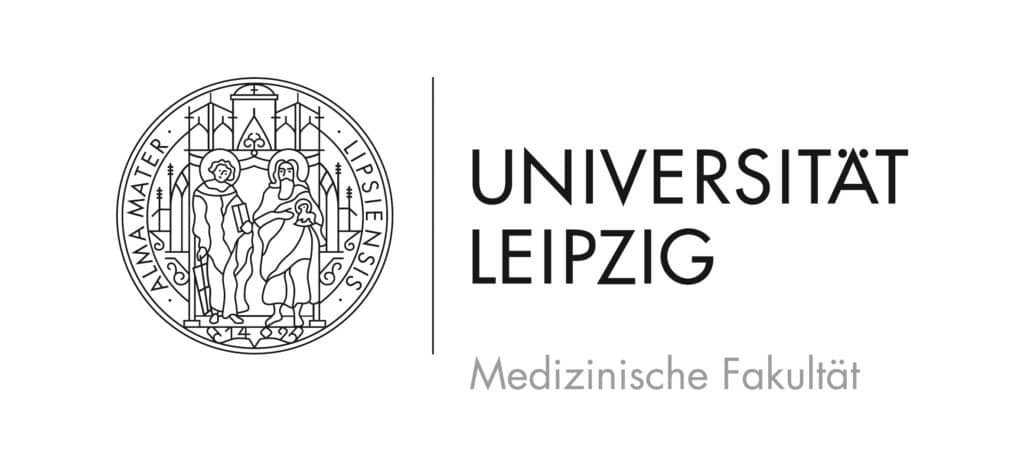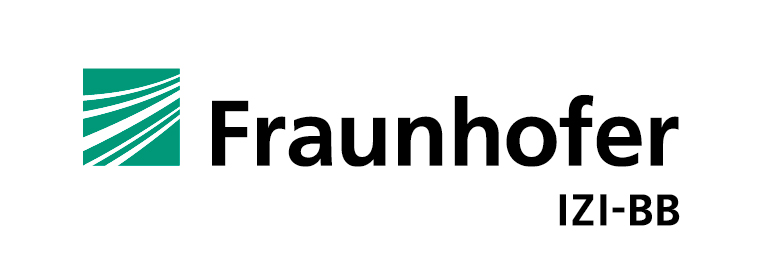KONSORTIUM mRNA
Delivering
the Message
The Special Lipids funding programme supports the structured networking of stakeholders from the fields of research, development and production in Germany with the aim of creating innovative new pharmaceutical excipients for Drug Delivery.
KmR, the “Konsortium mRNA”, is an association of 10 partners from industry and academia who have dedicated themselves to the more efficient and targeted transport of mRNA. An insight into the current projects is given here.
Konsortium mRNA
our Partners

Biopharmaceutical New Technologies (BioNTech) is a global next generation immunotherapy company pioneering novel therapies for cancer and other serious diseases. BioNTech exploits a wide array of computational discovery and therapeutic drug platforms for the rapid development of novel biopharmaceuticals …

With around 1,500 registered chemistry students, JGU occupies a top position in said field in Germany and attaches great importance to transparent and innovative scientific work.
As part of the consortium, the group lead by Prof. Till Opatz at JGU is working on three questions. The international team is working on the synthesis …

The CeMOS – Research and Transfer Center at Mannheim University of Applied Sciences is the largest HAW research center in Germany and develops innovative solutions for current challenges in science and industry. More than 70 employees work in an interdisciplinary manner on five main research areas: bioanalytical mass spectrometry …

The Fraunhofer IMM operates as a research and development service provider in the three business areas of energy, chemistry and diagnostics. The institute’s employees have many years of experience and excellent know-how in the areas of design, construction and automation of microsystems.
In the three R&D projects and another project within the KmR …

The company was founded in 1977 by Dr. Herbert Rebmann with the aim of producing high quality phospholipids on an industrial scale. Today, the Lipoid Group, based in Ludwigshafen, is the only supplier in the world that, with around 500 employees, produces an extensive product range of natural, hydrogenated and synthetic phospholipids …

As part of KmR, participating scientific groups from the University of Leipzig contribute expertise in lipid synthesis (Dr. Wölk), peptide development (Prof. Lamers) and computer-aided drug development as well as structural biology (Prof. Meiler and Dr. Künze), which enables the development of new ones Special lipids and lipid formulations …

With over 40,000 students, the University of Hamburg (UHH) is the largest university in the Free and Hanseatic City of Hamburg, the largest research and training institution in northern Germany and one of the ten largest universities in Germany. The UHH has been recognized as a university of excellence in Germany since July 2019 and …

Bruker is a world-leading high-tech company in the field of analytical measurement systems and software solutions. For more than 60 years, Bruker’s high-performance scientific instruments and analytical and diagnostic solutions have enabled scientists to study substances and living organisms at molecular, cellular and microscopic levels …

The Physikalisch-Technische Bundesanstalt (PTB) is the national metrology institute of the Federal Republic of Germany and stands for progress and reliability in measurement technology for society, business and science. The “Metrology for Magnetic Nanoparticles” working group …

The Potsdam Institute for Bioanalytics and Bioprocesses of the Fraunhofer Institute for Cell Therapy and Immunology IZI-BB focuses its research on innovations in the areas of food and environmental analysis, diagnostics, drug development and process engineering. The institute’s …
Research in KmR
the Projects

ZiEL
R&D partners: BioNTech SE, University of Leipzig, Johannes Gutenberg University Mainz, Fraunhofer IMM, Fraunhofer IZI-BB, Lipoid GmbH
mRNA-based drugs open up new therapeutic options for rapidly spreading infectious diseases, but also difficult-to-treat diseases such as cancer. The ZiEL project is working on the accelerated development of lipid-based transporters and the understanding of the underlying mechanisms of action. The aim is to increase the percentage of RNA that is effective at the target site. To this end, ZiEL focuses on the targeted development of new ionizable special lipids, which achieve higher release rates in the cell and should be biologically safe. The lipids are continually improved in a continuous optimization cycle that also includes formulation and process technology. For this purpose, computer-aided structural optimization, biological testing and evaluation of the nanoparticle formulations are carried out repeatedly.

InnoCar
R&D partners: BioNTech SE, Johannes Gutenberg University Mainz, Fraunhofer IMM, Fraunhofer IZI-BB
In the InnoCar project, new variants of polymer drug delivery systems for mRNA-based therapeutics are being produced and tested. These include new non-immunogenic “stealth polymers”, but also polymers that achieve tissue-specific targeting through appropriate functionalization. Tissue-specific targeting shall be achieved through suitable functionalization of these new polymers. The work includes the synthesis and screening of functional components, the synthesis of the polymer building blocks and the coupling of the targeting structures to the new polymers. A continuous process is being sought to encapsulate the mRNA and novel excipients in nanoparticles. In addition to process optimization, target cell targeting is also evaluated in a biological context.

ZellPro
R&D partners: BioNTech SE, University of Leipzig, Johannes Gutenberg University Mainz, Fraunhofer IMM, Fraunhofer IZI-BB
In ZellPro, novel lipids and lipid complexes are being developed that are intended to lead to accelerated cell uptake. The new drug transport systems aim to recognize specific proteins on the surface of the target cells, which help the drug transport systems to be absorbed into the cell interior. For this purpose, helper lipids are functionalized with ligands that bind to these specific proteins and thus enable targeted cellular uptake, i.e. improve cell specificity. The identification of suitable target proteins and associated ligands should be carried out using, among other things, phage display technology and including computer-aided analyses.

TherSys
R&D partners: BioNTech SE, University of Hamburg, Bruker BioSpin GmbH & Co. KG, Fraunhofer IMM, Mannheim University of Applied Sciences, Physikalisch-Technische Bundesanstalt
Theranostic systems promise to increase precision in the treatment of serious or inaccessible diseases such as cancer. The KmR project TherSys focuses on the development of theranostic combination systems for mRNA therapeutics and real-time tracking in the body. For this purpose, transport systems are being developed which, in addition to therapeutically effective RNA, also contain low-molecular imaging substances. After entering the body, the theranostic drug transport system can be tracked in the first stage in high spatial and temporal resolution using X-ray imaging to ensure that the RNA therapeutic agent reaches the target tissue. In the second stage, the RNA therapeutic is activated at the target site using, for example, local superheating, magnetic resonance or infrared radiation.
